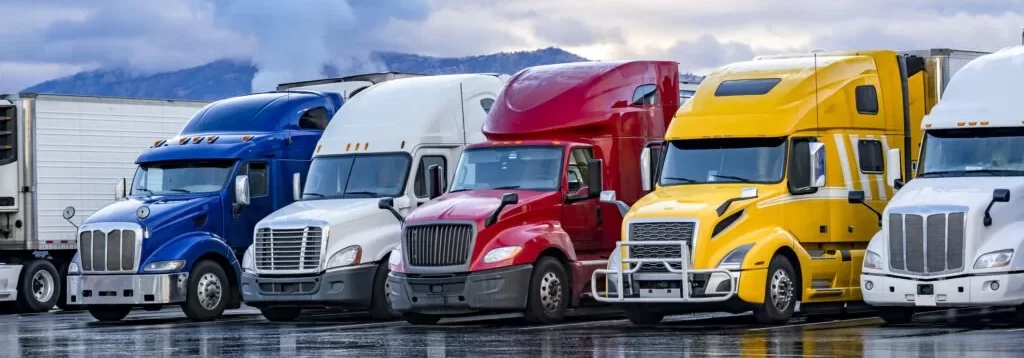
Exploring Different Types of Trucks and Vehicles for Land Freight Forwarding
Exploring Different Types of Trucks and Vehicles for Land Freight Forwarding: In the realm of land freight forwarding, the choice of transportation plays a pivotal role in ensuring that goods are transported efficiently, safely, and cost-effectively. The diverse range of trucks and vehicles available for transporting cargo allows businesses to tailor their logistics solutions to the specific needs of their shipments. In this article, we delve into the various types of trucks and vehicles used in land freight forwarding and explore their unique characteristics and benefits.
1. Dry Vans
Dry vans are the workhorses of road transportation. These enclosed trailers are designed to protect cargo from external elements such as weather, dust, and theft. Ideal for general freight, they offer versatility and can handle a wide range of goods, making them a popular choice for various industries.
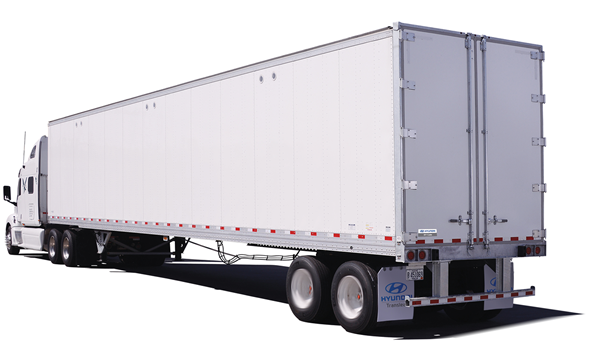

2. Flatbed Trucks
Flatbed trucks feature an open trailer with no sides or roof, making them suitable for oversized or irregularly shaped cargo. They are commonly used for transporting construction materials, machinery, and other large items that can be securely tied down.
3. Refrigerated Trucks (Reefers)
Refrigerated trucks, often referred to as reefers, are equipped with temperature-control capabilities. They are essential for transporting perishable goods such as fresh produce, pharmaceuticals, and frozen foods, ensuring that the cargo maintains its required temperature throughout the journey.
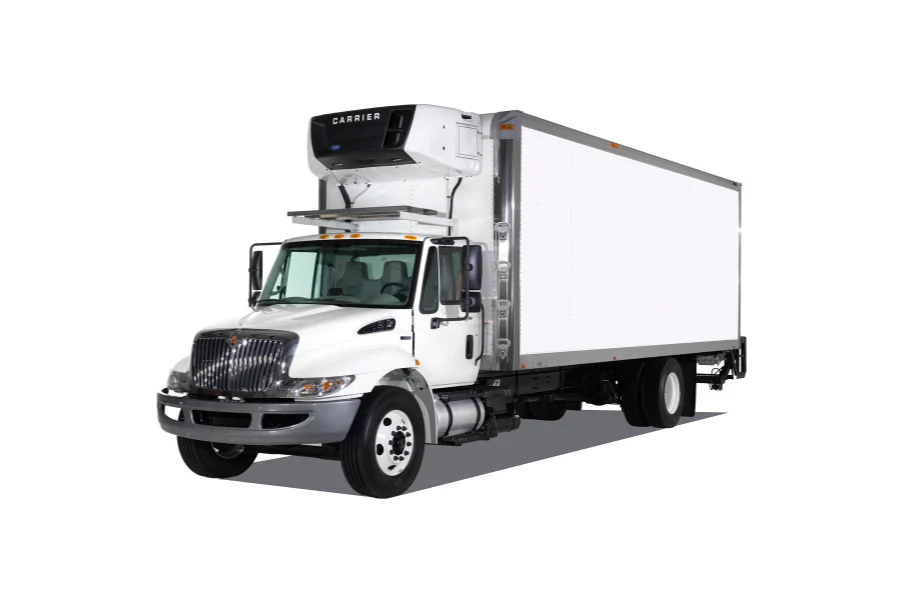
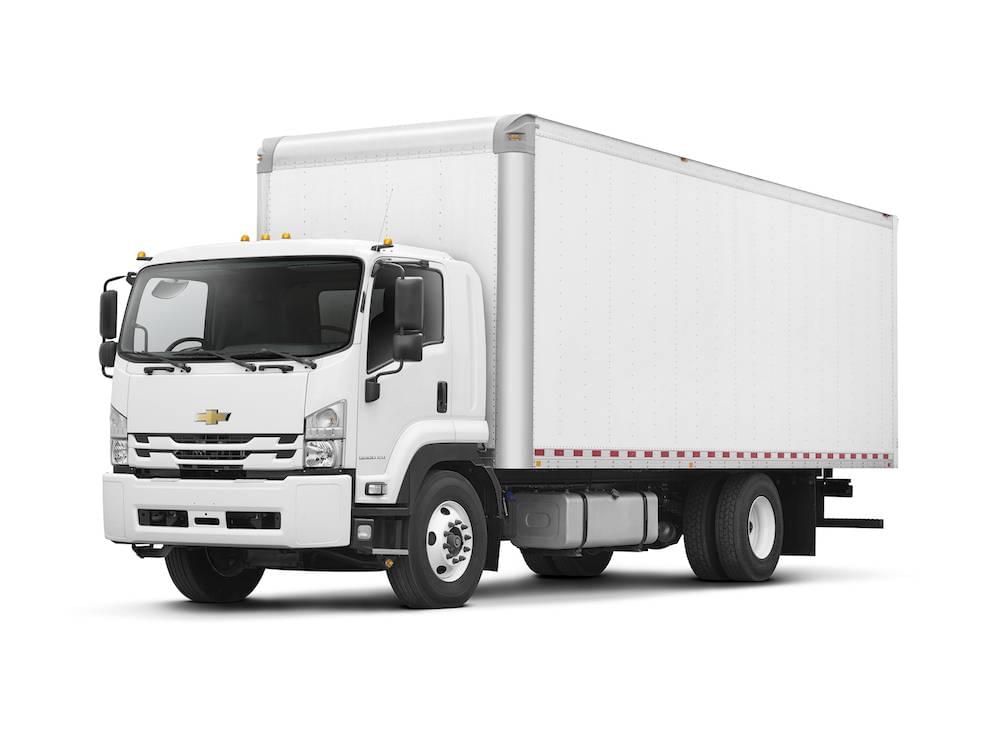
4. Box Trucks
Box trucks, also known as cube vans or straight trucks, have a cargo area integrated into the truck’s cabin. They are commonly used for local and short-haul deliveries of smaller loads and are well-suited for businesses requiring frequent, smaller shipments.
5. Tanker Trucks
Tanker trucks are designed for transporting liquids, gases, and other bulk materials. They come in various configurations, including those for transporting fuel, chemicals, and food-grade liquids. Tankers are equipped with specialized safety features to ensure the secure transportation of hazardous materials.
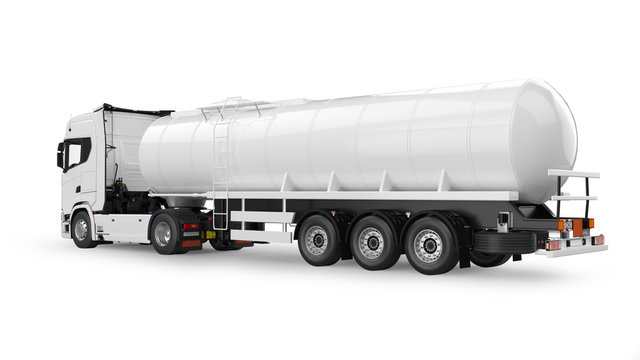
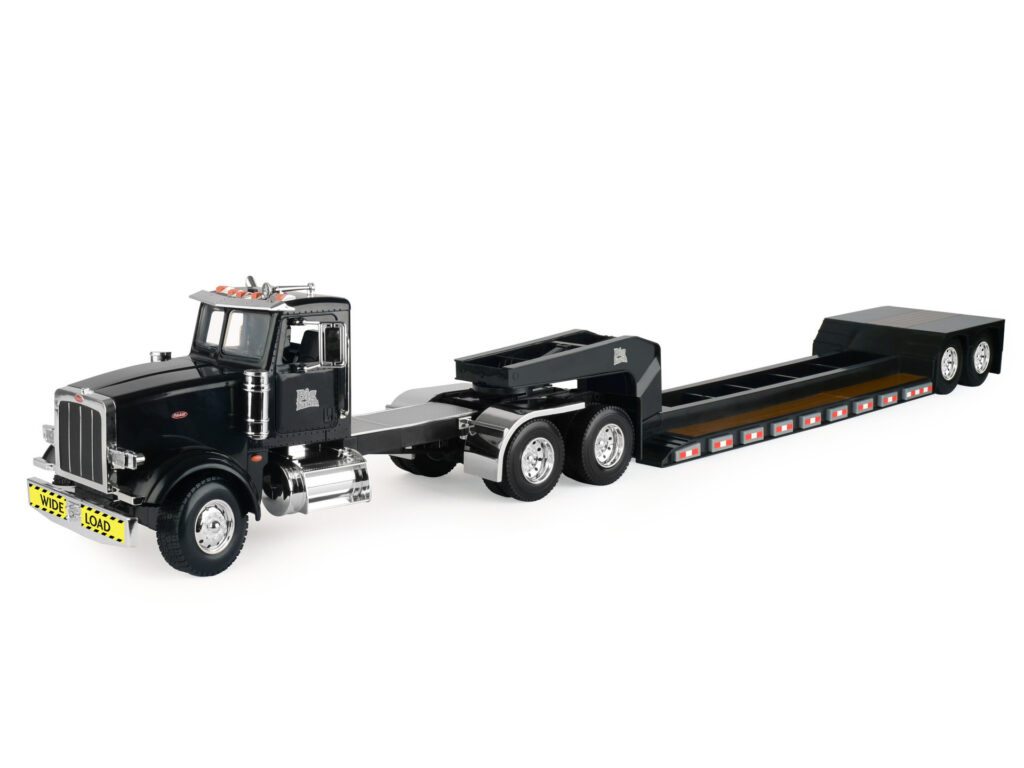
6. Lowboy Trailers
Lowboy trailers are used for transporting heavy and oversized loads, such as construction equipment, industrial machinery, and large vehicles. Their low profile allows for easier loading and unloading of tall cargo.
7. Curtain-Side Trailers
Curtain-side trailers, also known as tautliners, feature retractable curtains on their sides. These curtains can be easily opened for loading and unloading, offering flexibility for cargo that needs to be accessed from the sides.
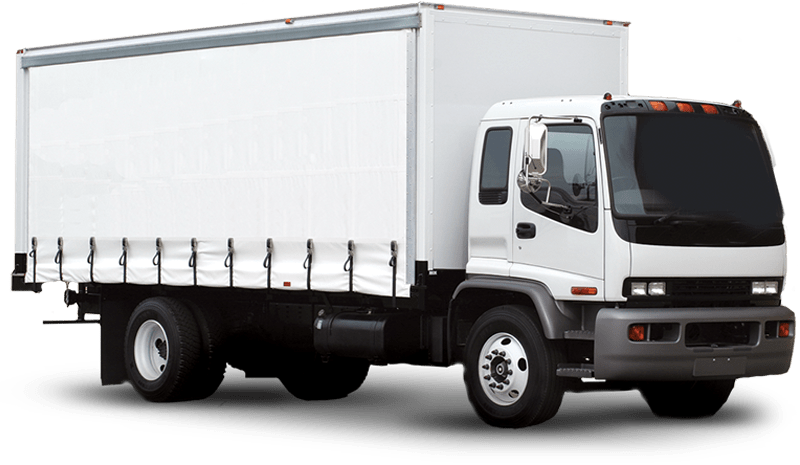

8. Car Carriers
Car carriers are designed specifically for transporting automobiles. They come in various sizes and configurations, ranging from single-car carriers to multi-level trailers capable of transporting multiple vehicles.
9. Intermodal Containers
Intermodal containers are standardized containers used for transporting goods across different modes of transportation, including trucks, trains, and ships. They enable seamless transfer of cargo between various points in the supply chain.
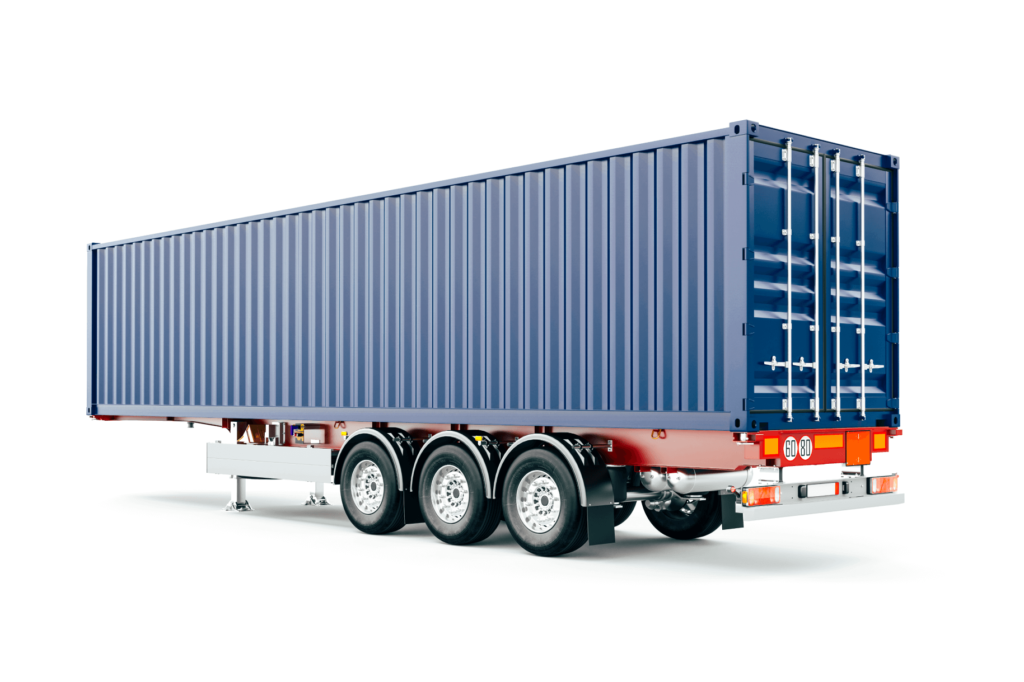
10. Specialty Vehicles
In addition to the common types mentioned above, there are numerous specialty vehicles designed for specific purposes. These include livestock carriers for transporting animals, furniture trucks for household relocations, and hazardous materials carriers for transporting dangerous goods.
Selecting the appropriate type of truck or vehicle for land freight forwarding depends on factors such as the nature of the cargo, distance, route, and special requirements. Working with experienced freight forwarders can help businesses make informed decisions, optimize their transportation solutions, and ensure the safe and timely delivery of their goods.
In the dynamic world of logistics, the diversity of trucks and vehicles available for land freight forwarding underscores the adaptability and flexibility required to meet the unique demands of global commerce. By understanding the characteristics and benefits of each type, businesses can make strategic choices that align with their transportation needs and contribute to the success of their supply chain operations.